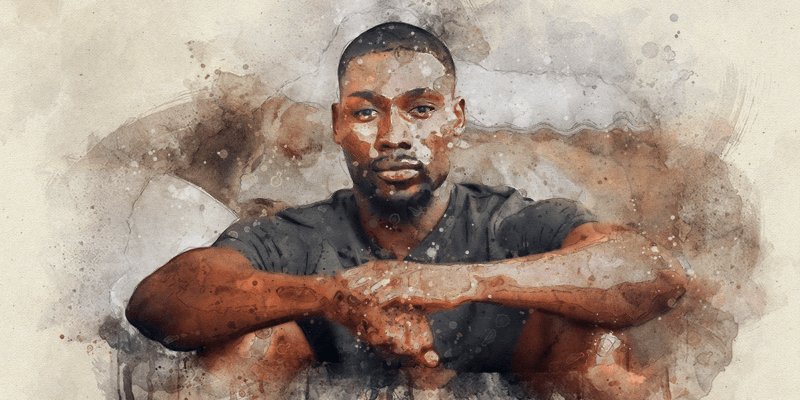
October heralds the beginning of Black History Month in Europe, a significant month-long event dedicated to celebrating and acknowledging the contributions, achievements, and rich history of black history. The month holds special significance in the UK, bearing a legacy of struggle, resilience, and progress that weaves through the fabric of the nation’s story.
Why Recognise Black History Month in the UK?
For many, Black History Month in the UK is not just a reflection of the past but an investment in our future. By understanding and acknowledging the role of Black Britons throughout history, we set the stage for a more inclusive and harmonious society.
The Black experience in Britain is rich and varied. From early Black Roman soldiers to the Windrush generation, from pioneers in arts and culture to stalwarts in science and politics, Black individuals have been intrinsic to the UK’s narrative.
Shining a Light on the Historical Tapestry
- Early Settlers and the Georgians: Contrary to popular belief, Black presence in Britain isn’t a recent phenomenon. Historical records depict a Black presence dating back to Roman Britain. The Georgian era saw an increase in the Black population, but with it came societal challenges and the looming shadow of the Transatlantic Slave Trade.
- The Transatlantic Slave Trade: Britain played a significant role in the trade and subsequent abolition. The trade saw millions of Africans forcibly transported to colonies in the Americas. Britain’s involvement in this reprehensible trade, and its subsequent abolition in 1807, is a critical chapter of our shared history.
- The Windrush Generation: Post World War II, the Empire Windrush brought over workers from Caribbean countries, marking the beginning of a significant wave of migration. They not only helped to rebuild post-war Britain but also enriched its cultural fabric.
- Contemporary Contributions: Many UK celebrities have publicly supported Black History Month and have been involved in various activities and initiatives that promote and celebrate Black heritage and culture in the UK. Some of these celebrities include:
- Sir Lenny Henry – One of the UK’s most celebrated comedians, Sir Lenny has been an advocate for diversity within the entertainment industry and has spoken numerous times on the importance of Black history.
- Baroness Floella Benjamin – An actress, presenter, and member of the House of Lords, she’s been a champion for diversity and inclusion, especially in children’s programming.
- David Harewood – The acclaimed actor has used his platform to discuss issues related to race and has shown support for Black History Month.
- Naomie Harris – Known globally for her acting, Harris has voiced her support for initiatives that promote Black culture and heritage.
- Akala – Rapper, journalist, and poet, Akala often educates about Black history, not just in October but year-round, through his music, lectures, and writings.
- Stormzy – The grime artist has been vocal about issues related to race, and his Merky Books imprint promotes writers from diverse backgrounds.
- Benjamin Zephaniah – Poet, writer, and activist, Zephaniah has long been a voice for racial equality and has shown support for Black History Month.
- Beverley Knight – The singer has celebrated Black History Month through her music and public engagements.
- Adwoa Aboah – Model and activist, Aboah has been involved in initiatives that promote diversity and understanding of Black culture and history.
- John Boyega – The actor has been vocal about racial issues in the film industry and has supported causes that highlight and celebrate Black history and culture.
It’s worth noting that the above list is by no means exhaustive. Many other celebrities and public figures in the UK acknowledge and support Black History Month, contributing to the broader conversation about Black heritage, achievements, and the ongoing challenges faced by Black communities in the UK and beyond.
Acknowledging Progress and Understanding Disparities
While there have been significant strides in the UK concerning racial equality and representation, disparities remain:
- Health: Black communities in the UK often face health disparities, from higher maternal mortality rates to mental health concerns.
- Wealth: Economic gaps persist, evident in wage disparities, opportunities for upward mobility, and challenges in wealth accumulation.
- Well-being: Representation in the media, access to quality education, and societal integration are areas demanding further attention.
Conclusion
Black History Month in the UK is more than just a commemoration; it’s a commitment to continuous learning and growth. As we delve into the tales of yesteryears and honour the heroes and heroines of our shared history, let us also pledge to shape a future that’s more equitable and just. The journey to ensuring health, wealth, and well-being for all is ongoing, and it’s one we must undertake together.





